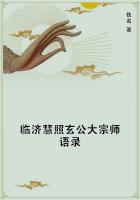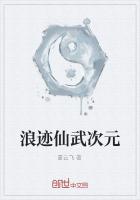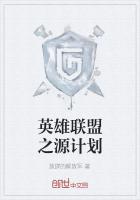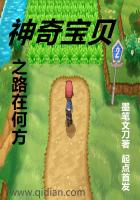When I was very young, a distinguished Review was still younger. Iremember reading one of the earliest numbers, being then myself a boy of ten, and coming on a review of a novel. Never, as it seemed to me, or seems to my memory, was a poor novel more heavily handled:
and yet I felt that the book must be a book to read on the very earliest opportunity. It was "Westward Ho!" the most famous, and perhaps the best novel, of Charles Kingsley. Often one has read it since, and it is an example of those large, rich, well-fed romances, at which you can cut and come again, as it were, laying it down, and taking it up on occasion, with the certainty of being excited, amused--and preached at.
Lately I have re-read "Westward Ho!" and some of Kingsley's other books, "Hypatia," "Hereward the Wake," and the poems, over again.
The old pleasure in them is not gone indeed, but it is modified.
One must be a boy to think Kingsley a humourist. At the age of twelve or ten you take the comic passages which he conscientiously provides, without being vexed or offended; you take them merely in the way of business. Better things are coming: struggles with the Inquisition, storms at sea, duels, the Armada, wanderings in the Lotus land of the tropical west; and for the sake of all this a boy puts up good-naturedly with Kingsley's humour. Perhaps he even grins over Amyas "burying alternately his face in the pasty and the pasty in his face," or he tries to feel diverted by the Elizabethan waggeries of Frank. But there is no fun in them--they are mechanical; they are worse than the humours of Scott's Sir Percy Shafto, which are not fine.
The same sense of everything not being quite so excellent as one remembered it haunts one in "Hereward the Wake, the Last of the English." Kingsley calls him "the Last of the English," but he is really the first of the literary Vikings. In the essay on the Sagas here I have tried to show, very imperfectly, what the Norsemen were actually like. They caught Kingsley's fancy, and his "Hereward,"though born on English soil, is really Norse--not English. But Kingsley did not write about the Vikings, nor about his Elizabethan heroes in "Westward Ho!" in a perfectly ******, straightforward way.
He was always thinking of our own times and referring to them. That is why even the rather ruffianly Hereward is so great an enemy of saints and monks. That is why, in "Hypatia" (which opens so well), we have those prodigiously dull, stupid, pedantic, and conceited reflections of Raphael Ben Ezra. That is why, in all Kingsley's novels, he is perpetually exciting himself in defence of marriage and the family life, as if any monkish ideas about the blessedness of bachelorhood were ever likely to drive the great Anglo-Saxon race into convents and monasteries. That is the very last thing we have to be afraid of; but Kingsley was afraid of it, and was eternally attacking everything Popish and monkish.
Boys and young people, then, can read "Westward Ho!" and "Hypatia,"and "Hereward the Wake," with far more pleasure than their elders.
They hurry on with the adventures, and do not stop to ask what the moralisings mean. They forgive the humour of Kingsley because it is well meant. They get, in short, the real good of this really great and noble and manly and blundering genius. They take pleasure in his love of strong men, gallant fights, desperate encounters with human foes, with raging seas, with pestilence, or in haunted forests. For in all that is good of his talent--in his courage, his frank speech, his love of sport, his clear eyes, his devotion to field and wood, river, moor, sea, and storms--Kingsley is a boy. He has the brave, rather hasty, and not over well-informed enthusiasm of sixteen, for persons and for causes. He saw an opponent (it might be Father Newman): his heart lusted for a fight; he called his opponent names, he threw his cap into the ring, he took his coat off, he fought, he got a terrible scientific drubbing. It was like a sixth-form boy matching himself against the champion. And then he bore no malice. He took his defeat bravely. Nay, are we not left with a confused feeling that he was not far in the wrong, though he had so much the worse of the fight?
Such was Kingsley: a man with a boy's heart; a hater of cruelty and injustice, and also with a brave, indomitable belief that his own country and his own cause were generally in the right, whatever the quarrel. He loved England like a mistress, and hated her enemies, Spain and the Pope, though even in them he saw the good. He is for ever scolding the Spanish for their cruelties to the Indians, but he defends our doings to the Irish, which (at that time) were neither more nor less oppressive than the Spanish performances in America.
"Go it, our side!" you always hear this good Kingsley crying; and one's heart goes out to him for it, in an age when everybody often proves his own country to be in the wrong.

